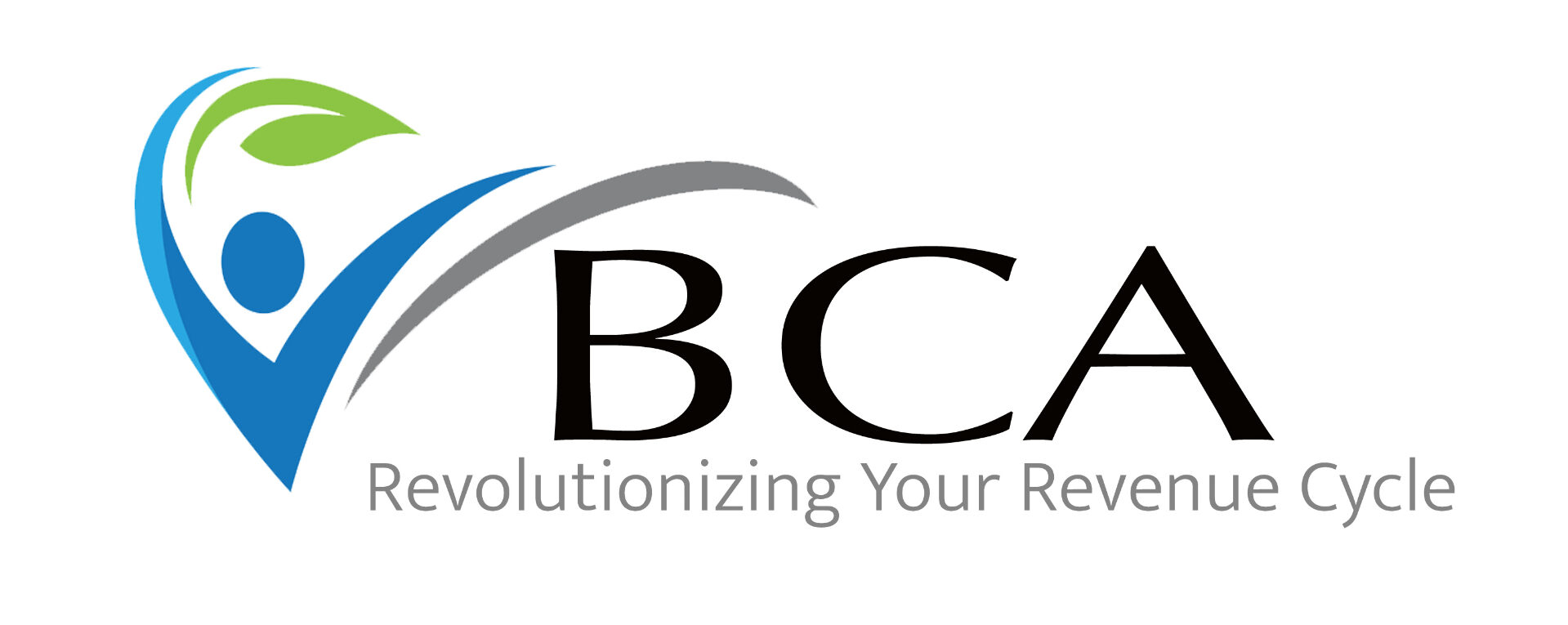Each October, Breast Cancer Awareness Month reminds us not only of the importance of screening and early detection but also of the critical role accurate documentation plays in patient care, quality reporting, and reimbursement. Awareness starts in the exam room—with how encounters are documented and coded.
Accurate coding ensures that preventive efforts, diagnoses, and treatment plans are reflected in data that drive funding, research, and care coordination. For instance, a screening mammogram is reported with Z12.31 (Encounter for screening mammogram for malignant neoplasm of breast), while an abnormal screening result may require R92.8 (Other abnormal and inconclusive findings on diagnostic imaging of breast) and follow-up diagnostic testing.
When breast cancer is diagnosed, documentation should specify laterality, site, and encounter type. For example:
- C50.411 – Malignant neoplasm of upper-outer quadrant of right female breast
- Z17.0 – Estrogen receptor positive status (if applicable)
- Z85.3 – Personal history of malignant neoplasm of breast for patients in remission
These details support clinical accuracy and help ensure appropriate reimbursement, risk adjustment, and continuity of care. Likewise, documenting the status of prophylactic surgery or family history using Z40.01 (Encounter for prophylactic removal of right breast) or Z80.3 (Family history of malignant neoplasm of breast) strengthens preventive tracking and patient outreach initiatives.
Errors in sequencing or missing laterality can affect quality reporting and distort population health data. Regular documentation reviews and coder education help maintain both compliance and data integrity.
This month offers more than an opportunity for awareness—it’s a reminder to ensure your EHR templates, coding workflows, and staff education all support accurate capture of breast cancer–related conditions and screenings.
Your team already provides excellent care—BCA helps make sure the documentation and coding reflect it. With education, audits, and consulting, we help providers and staff align their documentation with current guidelines so they can focus on what matters most: patient care.
Connect with an expert today to turn awareness into action.

